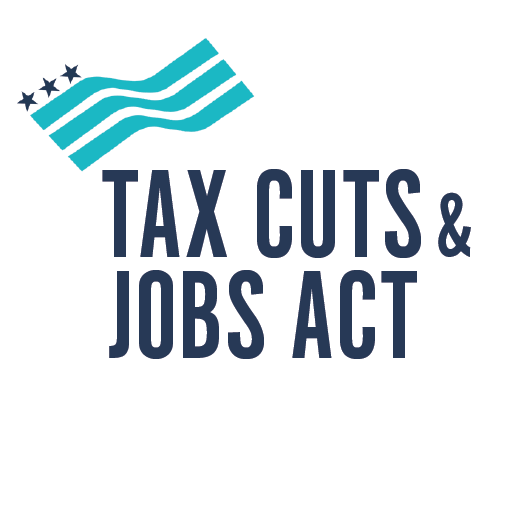The Tax Cuts and Jobs Act (TCJA), signed into law in December 2017, brought significant changes to the U.S. tax code. Among its many provisions were tax cuts for individuals and corporations, which were particularly beneficial for small businesses. However, it’s essential for small business owners to be aware that some of these tax cuts are not permanent and are set to phase out. So, when and how do the TCJA cuts phase out, and what impact will this have on your business?
The TCJA introduced tax cuts that spanned several years, with various provisions set to expire at different times. For individual taxpayers and small business owners, the most significant changes were the reductions in individual income tax rates and the pass-through business deduction.
- Individual Income Tax Rates: The TCJA lowered individual income tax rates across the board. These cuts are set to expire at the end of 2025 unless Congress takes action to extend them. When they do expire, individual tax rates will revert to their pre-TCJA levels.
- Pass-Through Business Deduction: Small business owners who operate as sole proprietors, partnerships, or S corporations benefited from a 20% deduction on qualified business income. Like the individual tax cuts, this provision is also scheduled to expire at the end of 2025.
The sunsetting of the TCJA’s tax cuts will have a direct impact on small businesses. As tax rates rise back to their previous levels, small business owners may face higher tax bills. This could reduce their after-tax profits and potentially hinder their ability to invest in growth, hire additional employees, or offer competitive salaries and benefits.
Small business owners should be proactive in planning for the phase-out of the TCJA tax cuts. Consider the following strategies:
- Tax Planning: Consult with a knowledgeable tax professional to optimize your tax strategy, taking advantage of any available deductions and credits before the cuts expire.
- Financial Management: Tighten your financial management practices to ensure you can weather the impact of higher taxes. This may include reviewing your budget, cutting unnecessary expenses, and building up cash reserves.
- Business Growth: Explore ways to grow your business in a tax-efficient manner. This might involve investing in equipment or technology that qualifies for deductions or credits.
The Tax Cuts and Jobs Act brought substantial benefits to small businesses, but some of these advantages are temporary. Stay informed about the phase-out timeline and take steps to mitigate the impact on their finances. Our team at SKCPAs can help you plan ahead, navigate the changing tax landscape, and continue to thrive in the years to come. Schedule a consult with us today! https://www.skcpas.com/contact-us/

